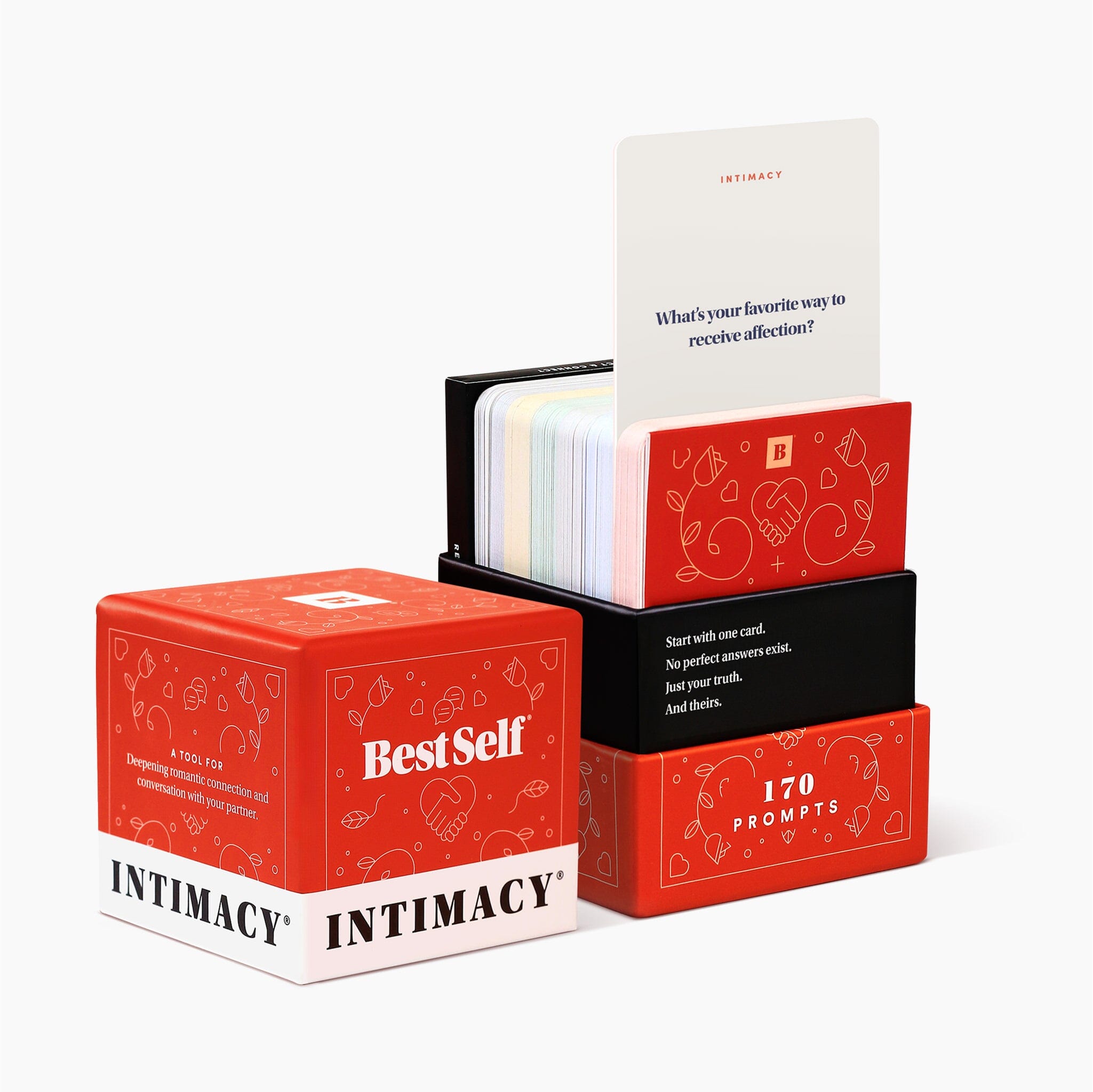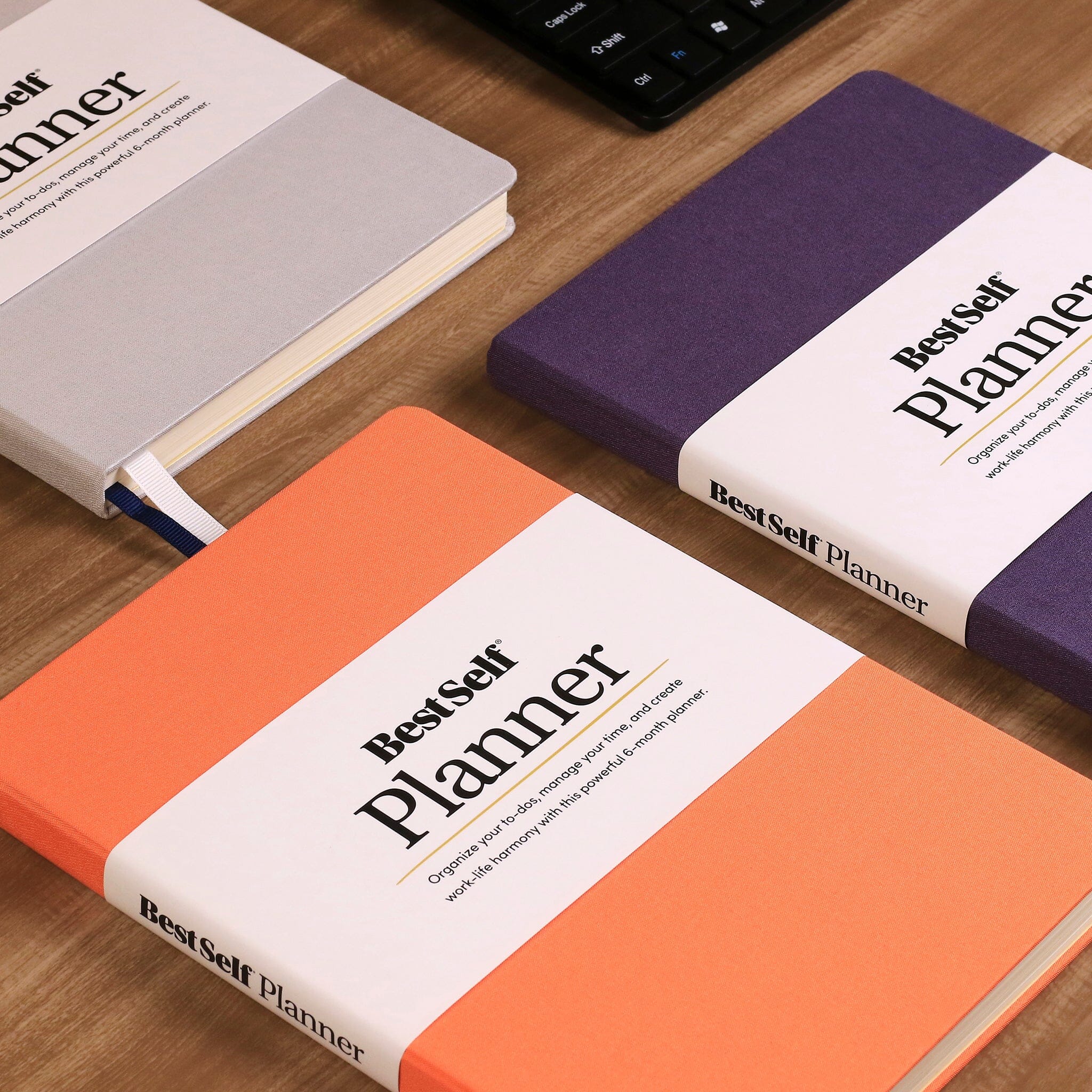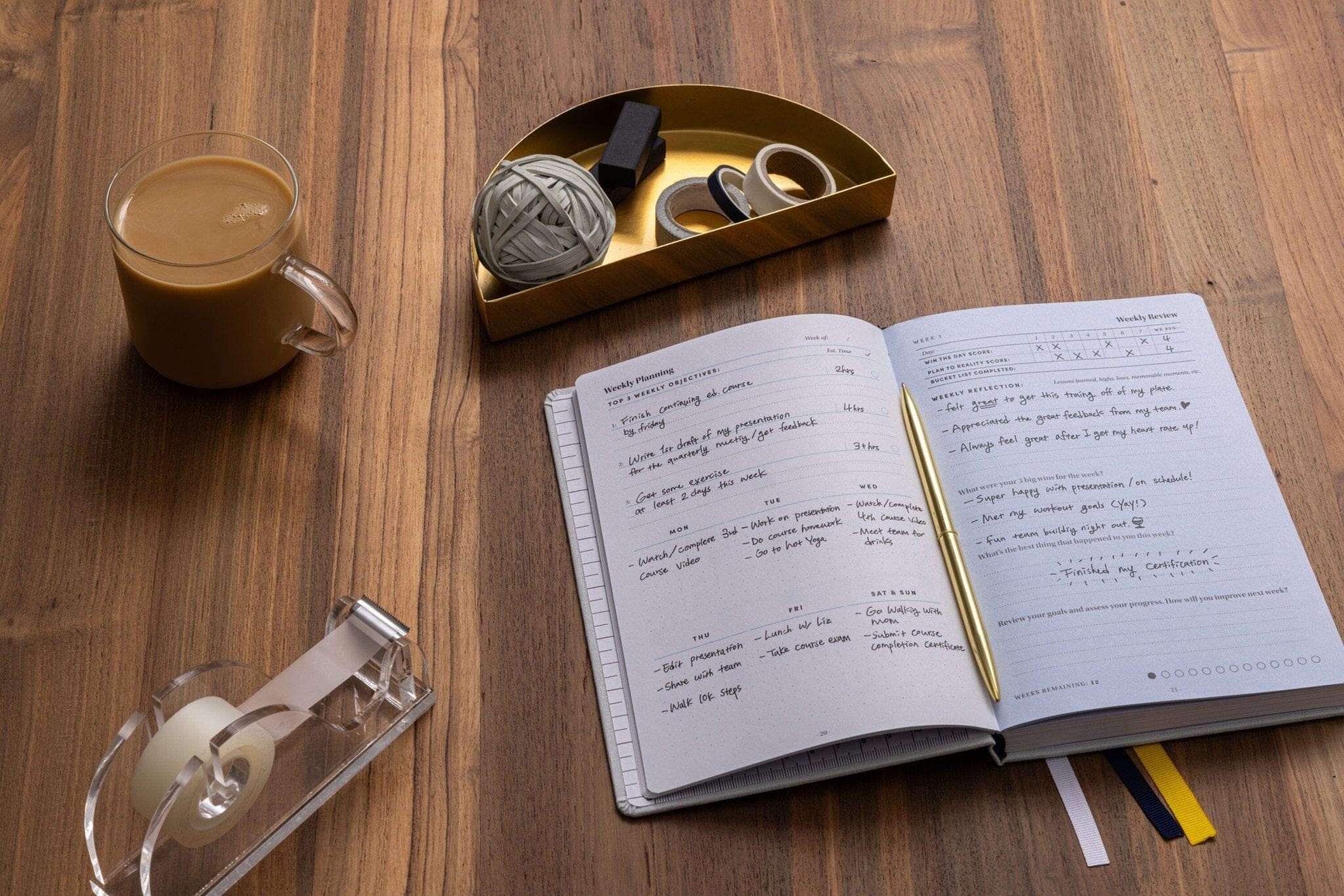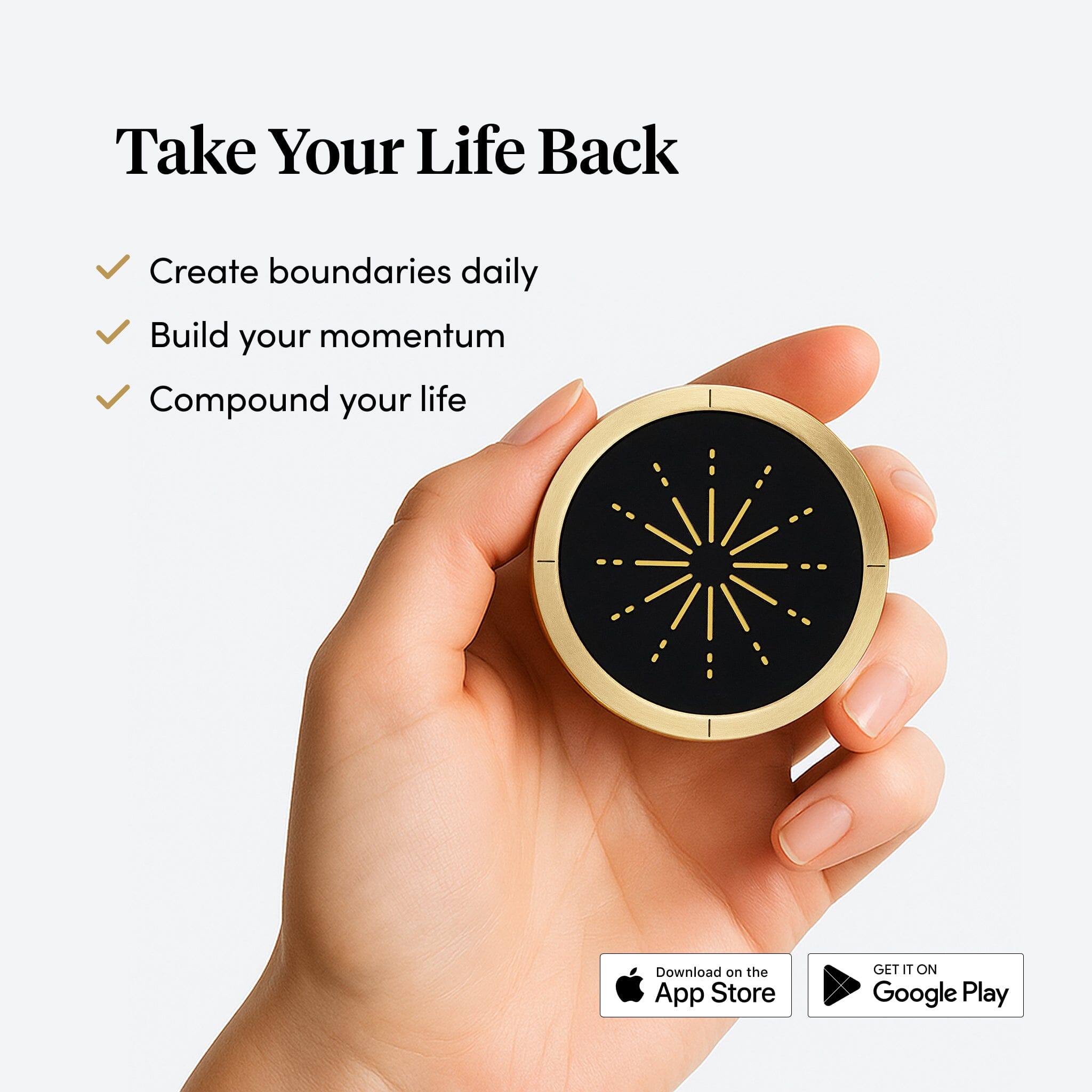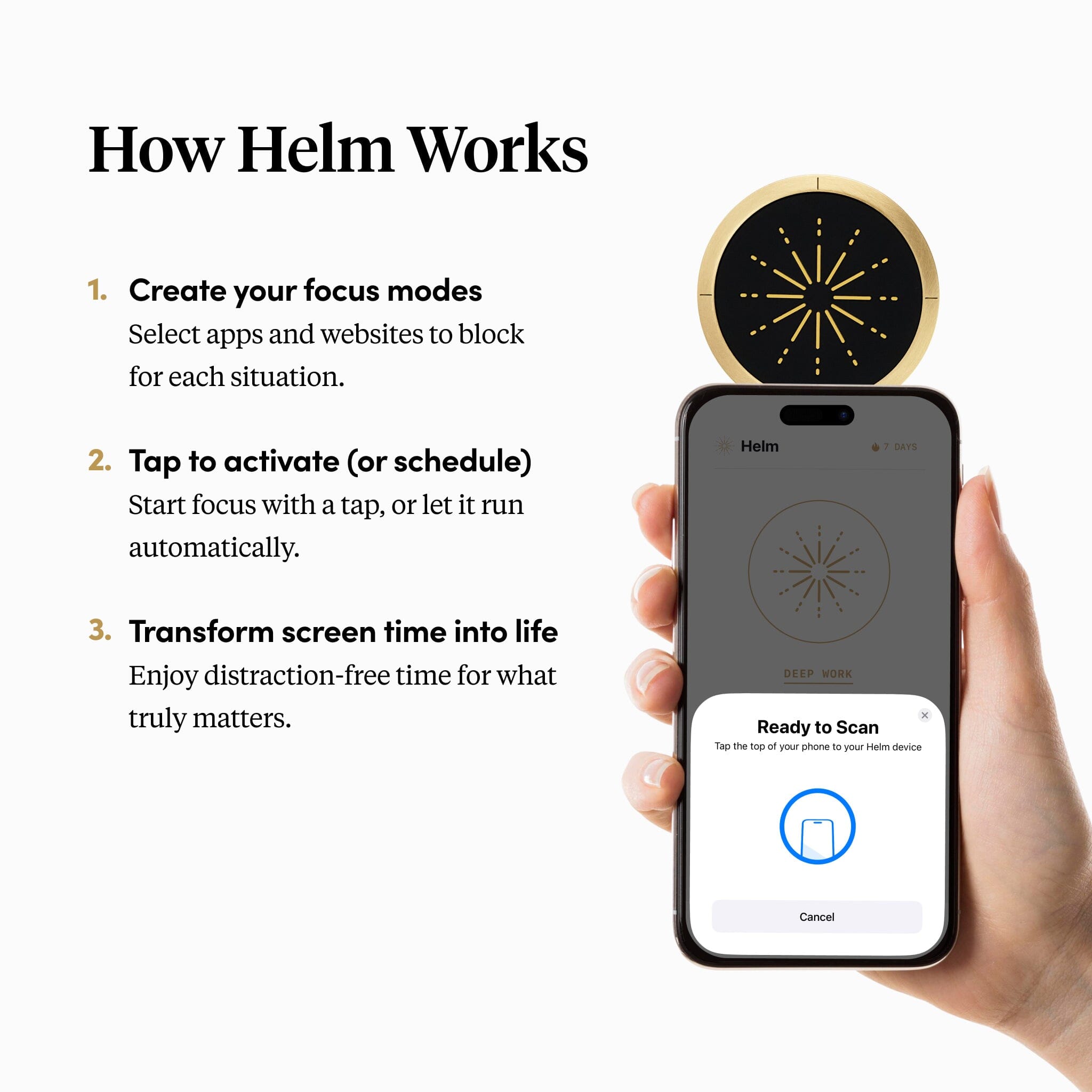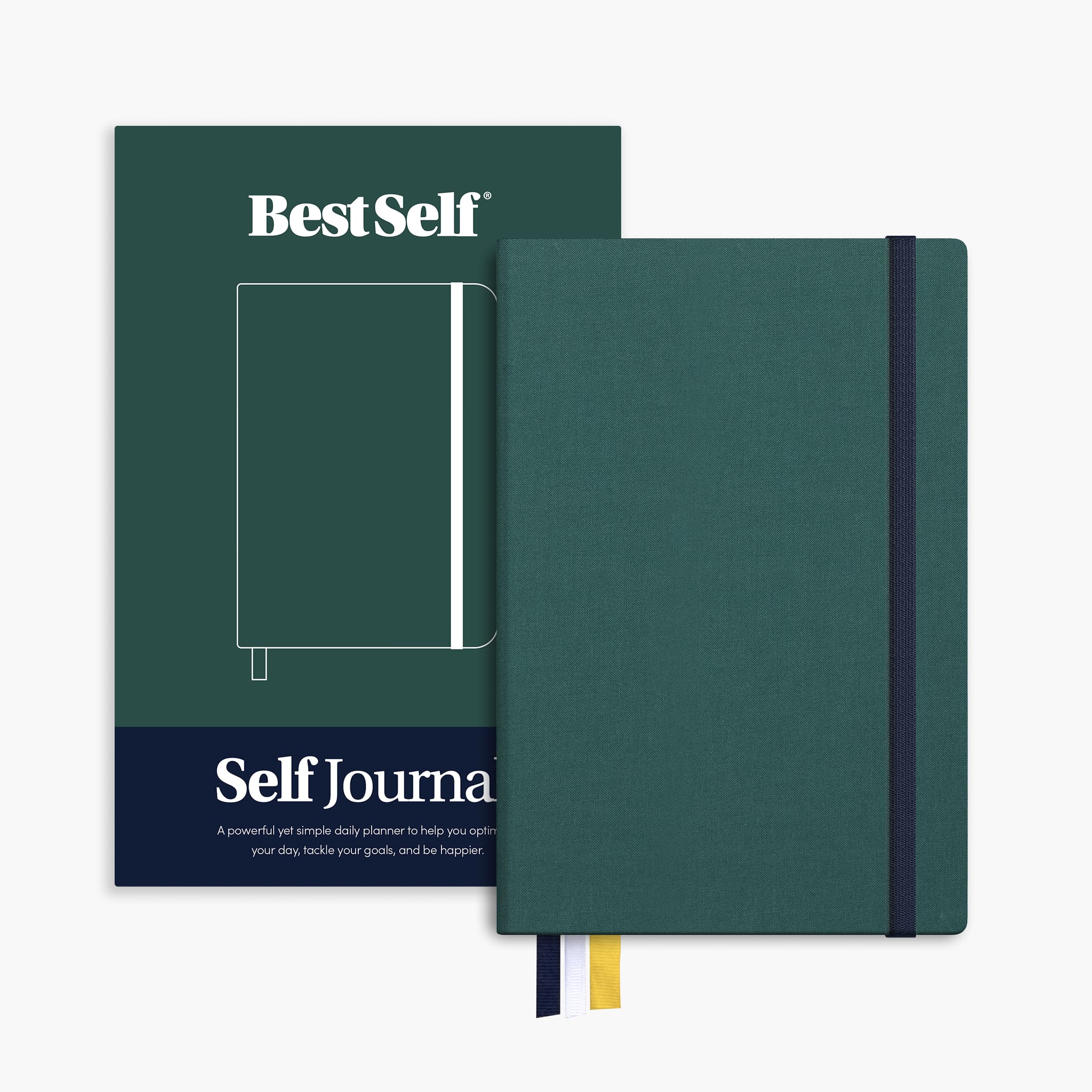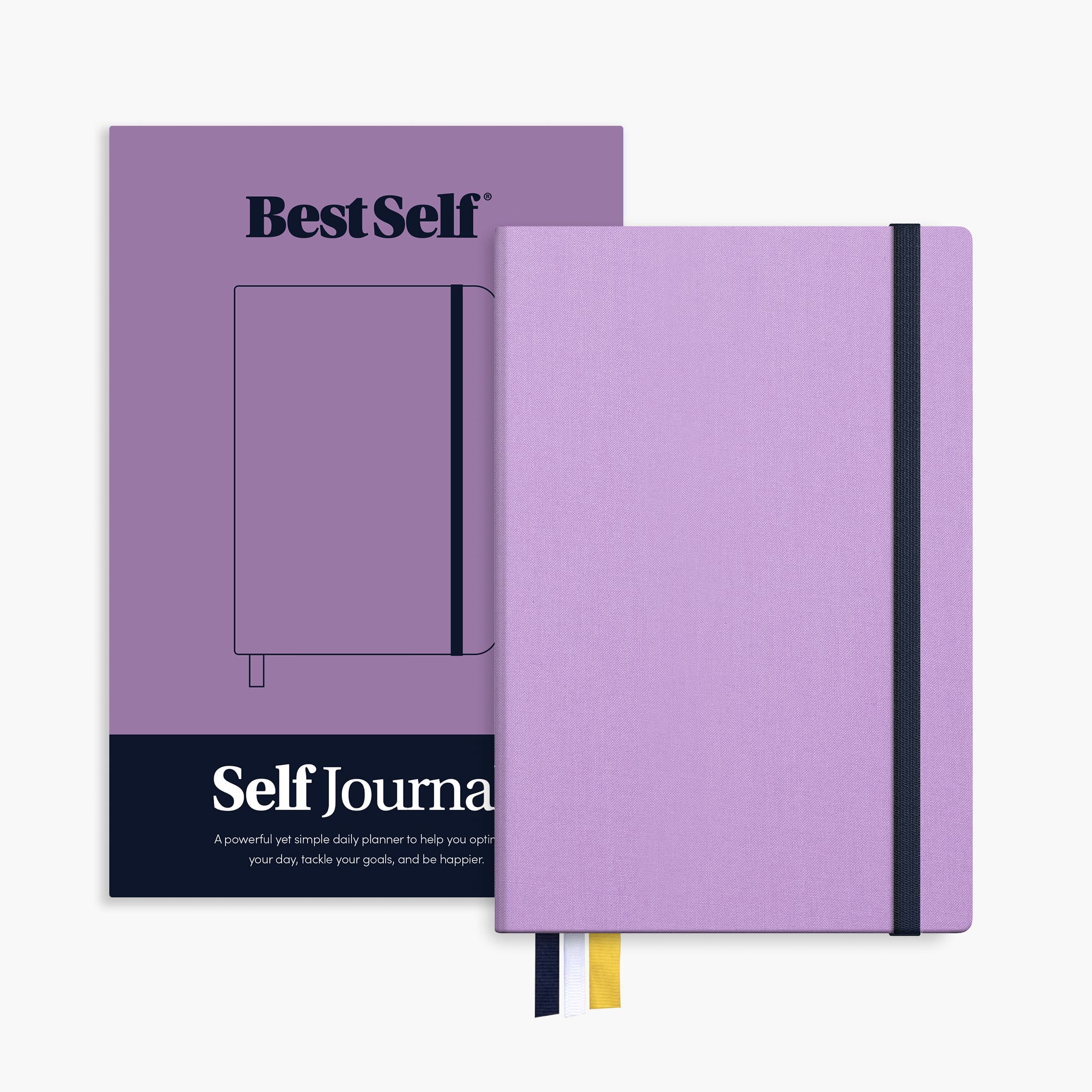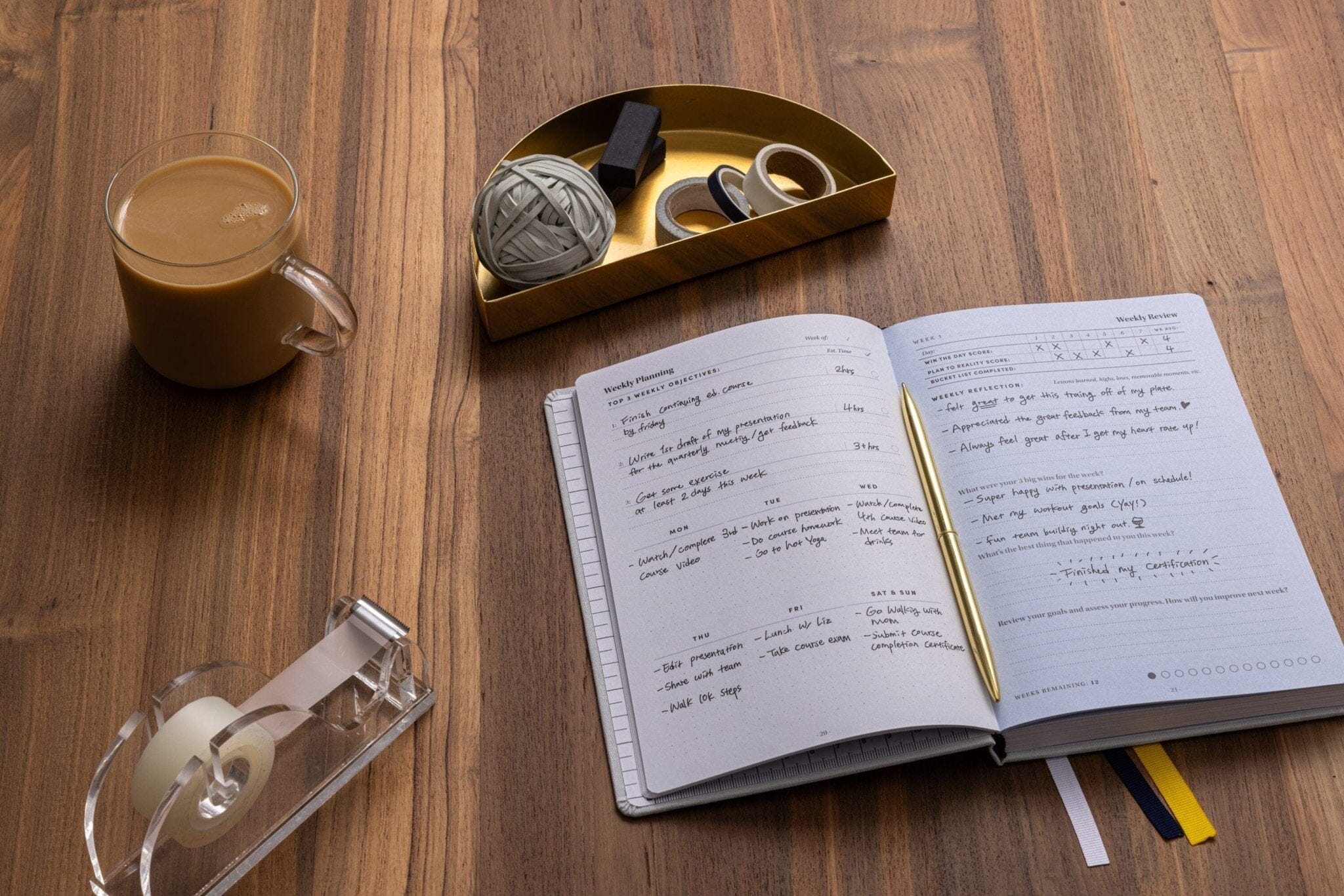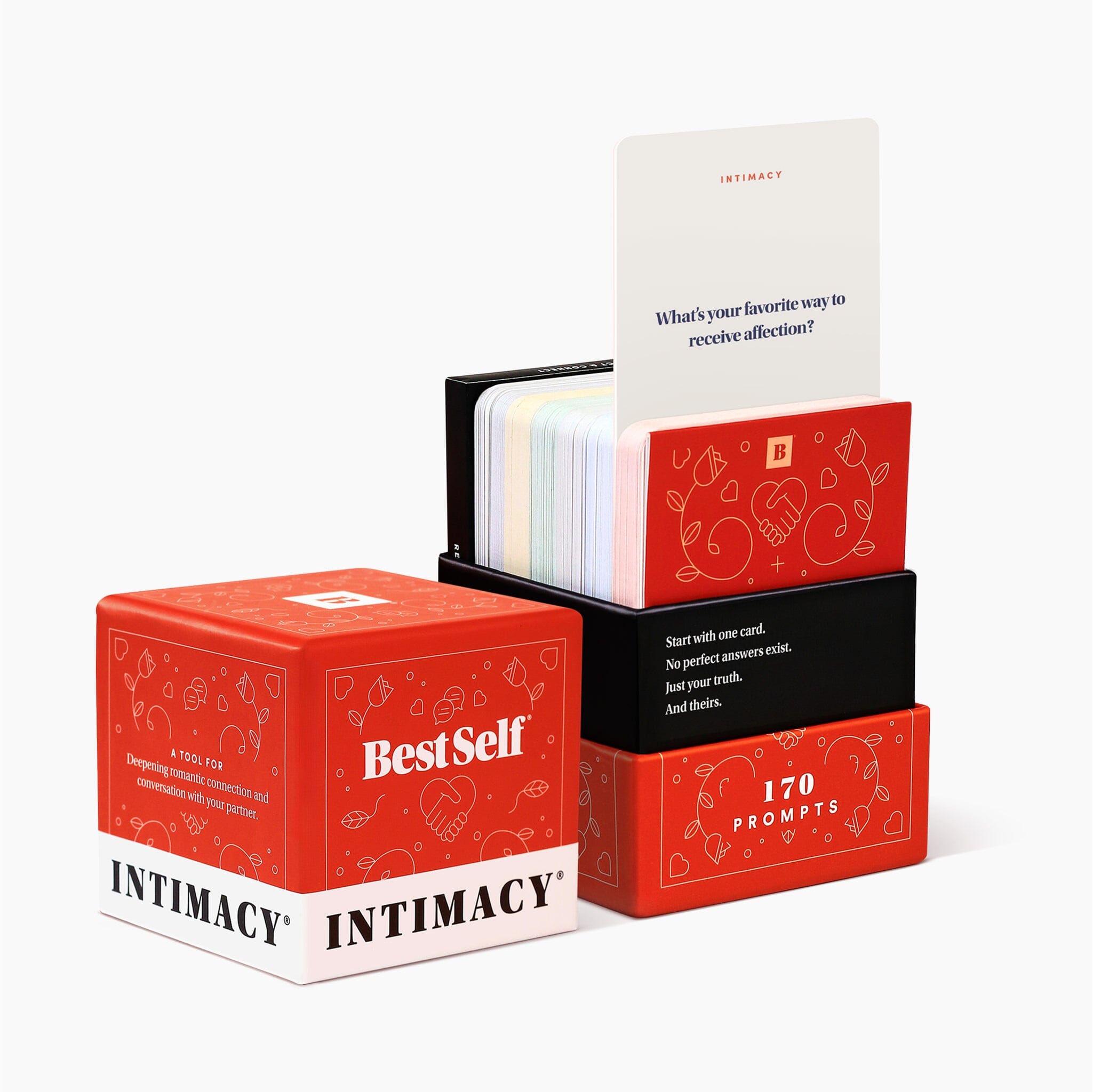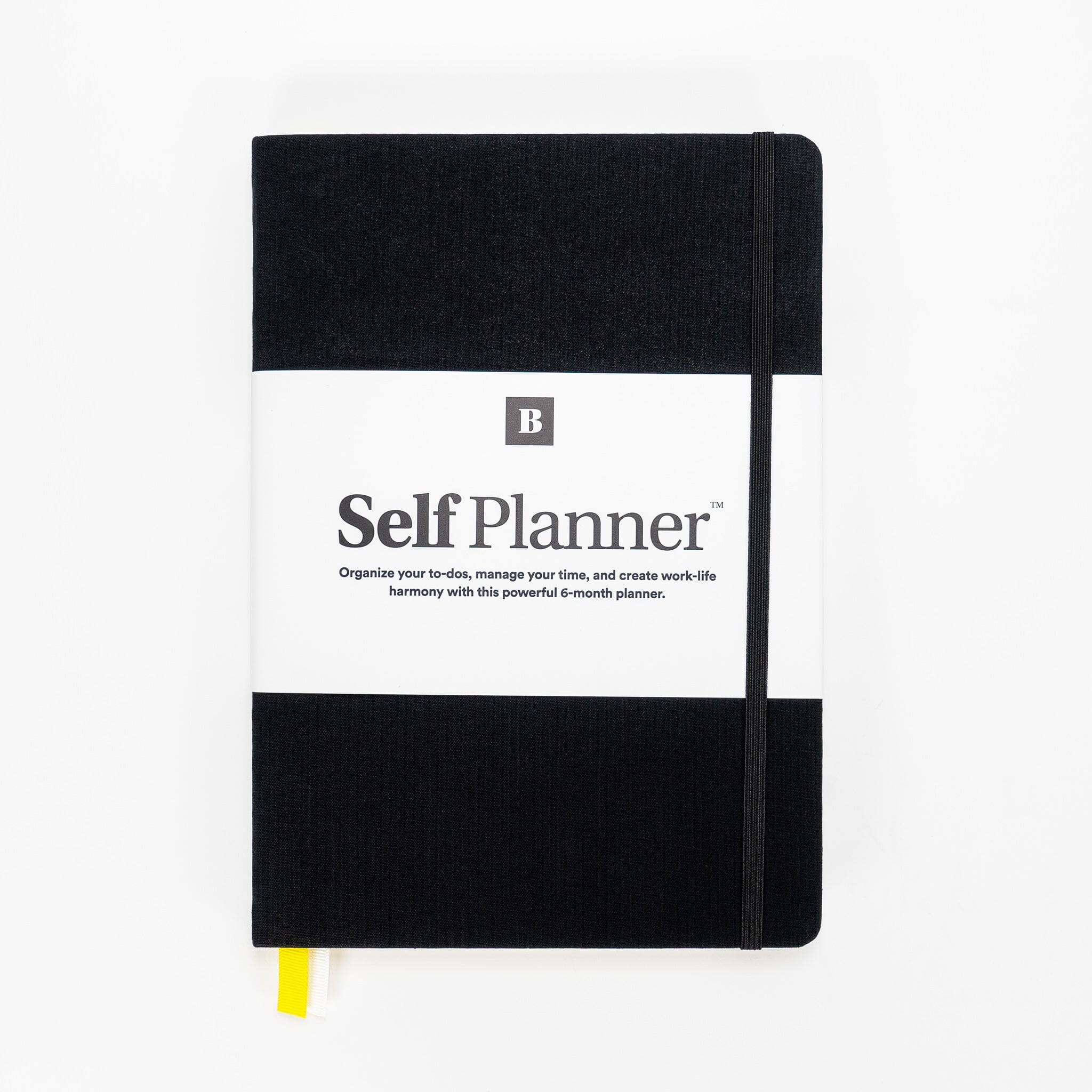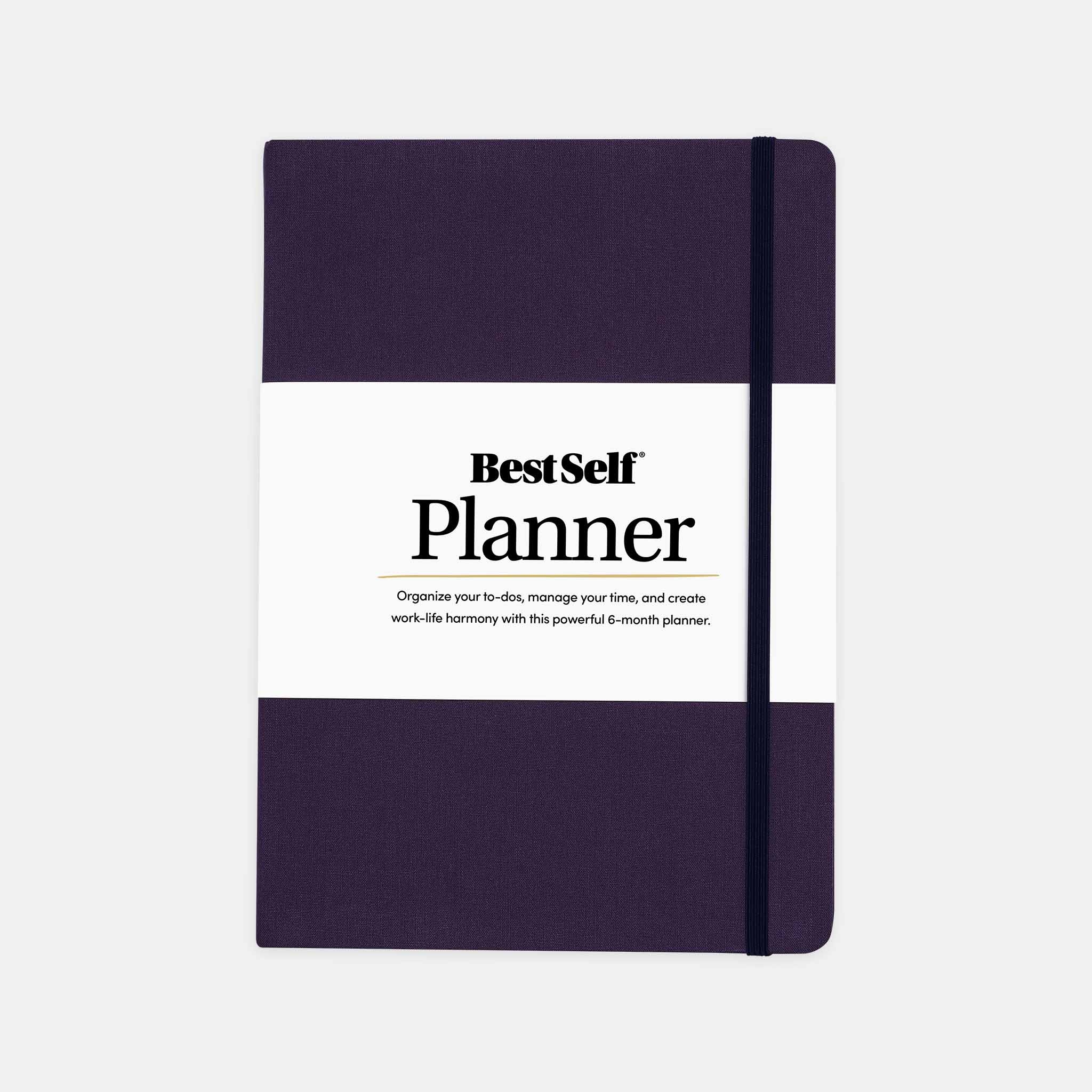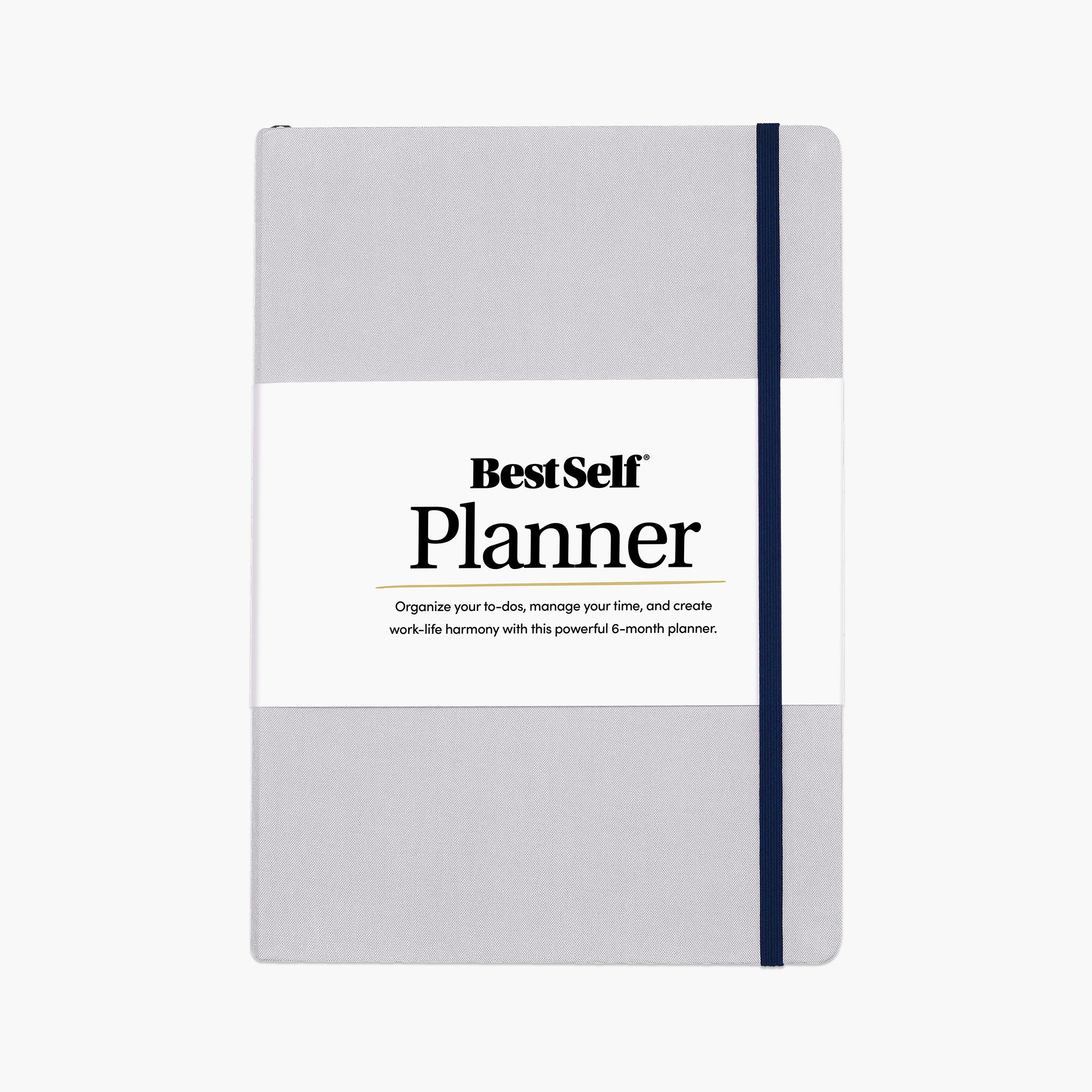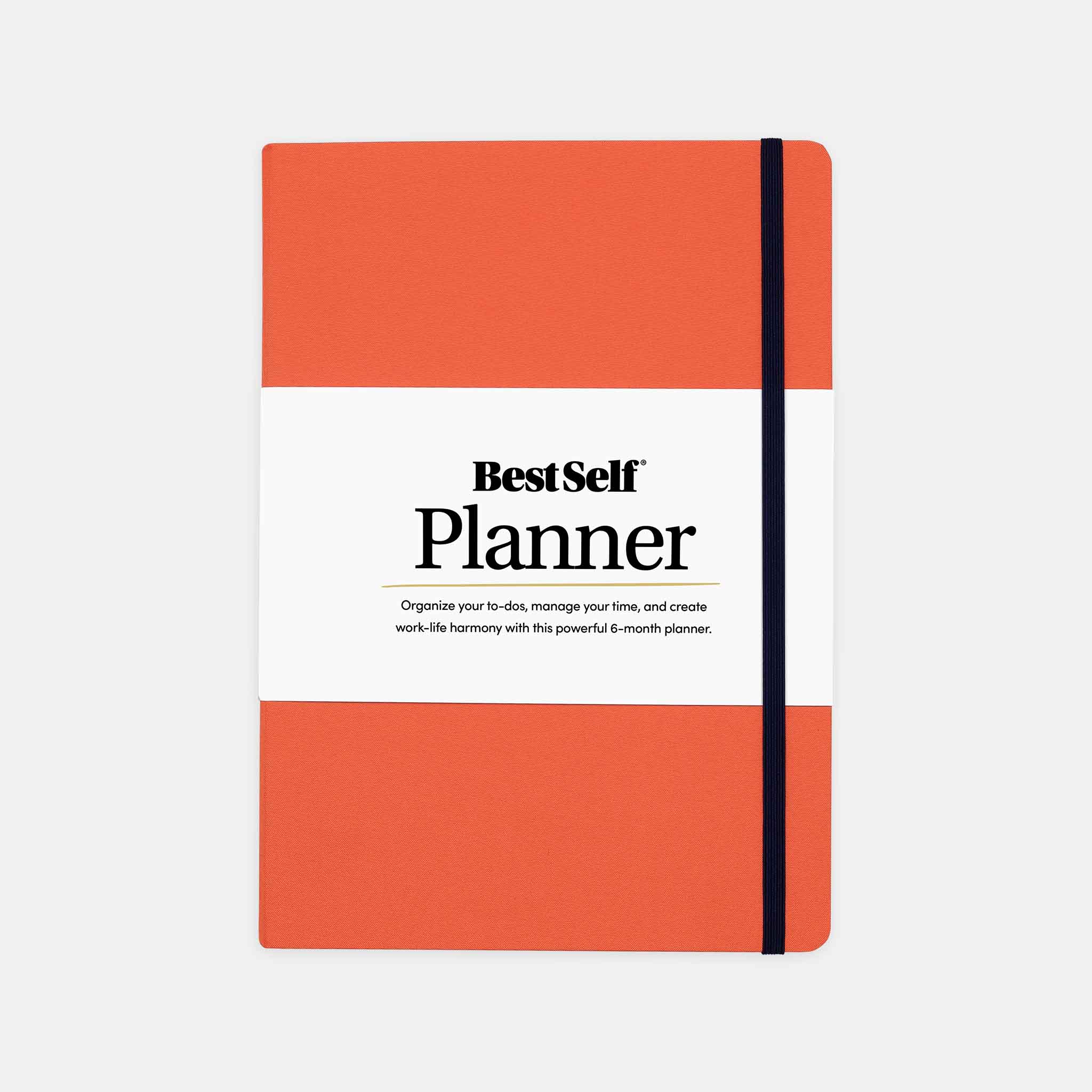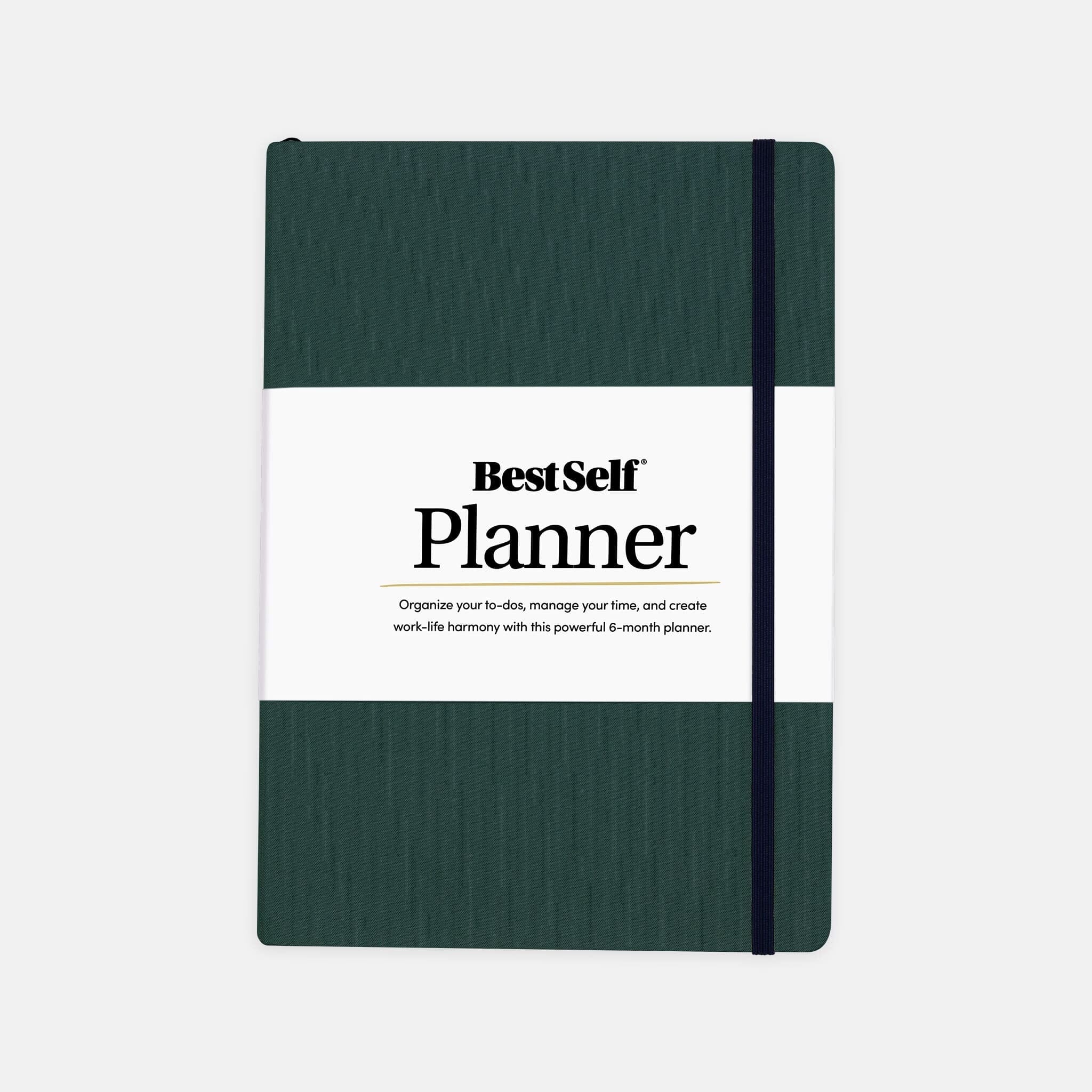The Relationship Paradox: Are You Giving Your Loved Ones Leftover Time?
Recently I was scheduling my summer flights to Ireland—something I always do many months in advance because visiting home isn't a casual weekend trip. While browsing dates, I instinctively blocked off the first few days for "catching up with everyone."
Then it hit me: I was planning to make the same mistake again.
Growing up in Ireland, every trip home feels like a reunion. Friends want to catch up, extended family expects visits, and that precious two-week window fills up fast. By the time I realize, my mum has gotten the scraps—the jet-lagged conversations, the in-between time between catching up with others.
On my last visit home, she finally said it: "You're here, but you're not really here with me." I realized she was right and I felt terrible. I'd been making her a "residual beneficiary" of my time—getting whatever was left after everyone else.
The Relationship Paradox
Research shows quality trumps quantity in relationships. Studies found that quality parent-child communication improves children's academic performance—while conversation quantity showed no direct effect. It's not about time spent, but how present we are.
Here's what's sobering: 12% of adults now report having no close friends—up from 3% in 1990. The number of people claiming 10+ close friends has plummeted from 33% to 13% in three decades. We're becoming relationship-poor in an age of digital abundance.
When Relationships Starve...
Unlike family relationships that persist through obligation, friendships require active maintenance. Eyal's research reveals that "friendships die—they starve to death."
Consider this: Up to 70% of close friendships dissolve after seven years. Ironically, we assume these relationships will survive, but without intentional nourishment, they wither away. One day you're friends and the next you know everything about them from social media but don't remember the last time you talked.
Harvard research shows those who schedule regular friend check-ins maintain significantly stronger bonds than those relying on "whenever life allows."
The ADHD Reality: "Out of Sight, Out of Mind"
For those of us with ADHD, maintaining relationships faces an extra hurdle: what experts call "object permanence" with people. Unlike neurotypical brains that naturally hold people in mind, we often forget about relationships when they're not physically present. My mom isn't just competing with my work and life, she's competing with my brain's tendency to forget she exists when I'm not looking at her contact card.
Scheduling becomes non-negotiable for us. Without calendar reminders, relationships disappear from our awareness. It's not that we care less—our brains need external systems to remember what matters.
Prime Time vs. Leftover Time: What It Looks Like
Leftover time looks like:
- Checking your phone mid-conversation with your mom
- Half-listening to your partner while finishing work emails
- Scheduling catch-up calls during your commute
Prime time looks like:
- Starting your day with a 15-minute undistracted chat
- Turning off notifications for dedicated family time
- Giving your morning energy (when your mental battery is at 80%+)
The Hidden Cost of Always Putting Others First
Here's something that often goes unnoticed: when we make ourselves the ultimate residual beneficiary. This is especially true for mothers—after taking care of everyone else's needs all day, self-care becomes whatever's left (which is often nothing).
The pattern looks familiar:
- Kids get prime time attention
- Partners get focused conversations
- Work gets productive hours
- You get... whatever's left at 10 PM
But here's what research shows: Mothers who consistently deplete their own emotional reserves are less able to show up fully for their families. It's the airplane oxygen mask principle in action.
The Gift of First Fruits
Take 15 minutes today to shift from residual to intentional:
1. The Time Audit (5 mins)
- Who got your best energy this week?
- Who got your leftovers?
- Write down one honest insight about this imbalance
2. Schedule Connection Intention (5 mins)
- Pick one important relationship (mom, best friend, sibling, or chosen family)
- Add ONE recurring "connection date" to your calendar:
- Weekly 20-minute phone call
- Monthly coffee chat
- Quarterly weekend visit
3. Practice "Prime Time" Today (5 mins)
- Choose one loved one to prioritize today
- Give them your best energy—before emails, before social media, before anything else
- Notice how this shift feels for both of youADHD-Friendly Bonus Tip: Use the "First 15 Rule"—give the first 15 minutes of any interaction your complete focus. This creates a pocket of pure connection that satisfies the relationship need while respecting finite attention resources.
 Mother's Day
Mother's Day
Call your mom (or the person in that role) and ask: "What's the one thing you wish we discussed more often?" Then just listen. No multitasking or phone checking—just pure presence and curiosity.

📚 Reading Corner: Indistractable by Nir Eyal.
This book changed how I think about scheduling relationships. Eyal's concept of "timeboxing" isn't just for work—it's how you ensure important people actually get space in your life.
📹 Video: The Secret to Living Longer May Be Your Social Life
Susan Pinker's eye-opening TED Talk reveals that close relationships and social integration are among the strongest predictors of longevity—even more powerful than quitting smoking or exercising regularly.
Let's make this week about giving our first and best to those who matter most!
Cheers,
Cathryn
